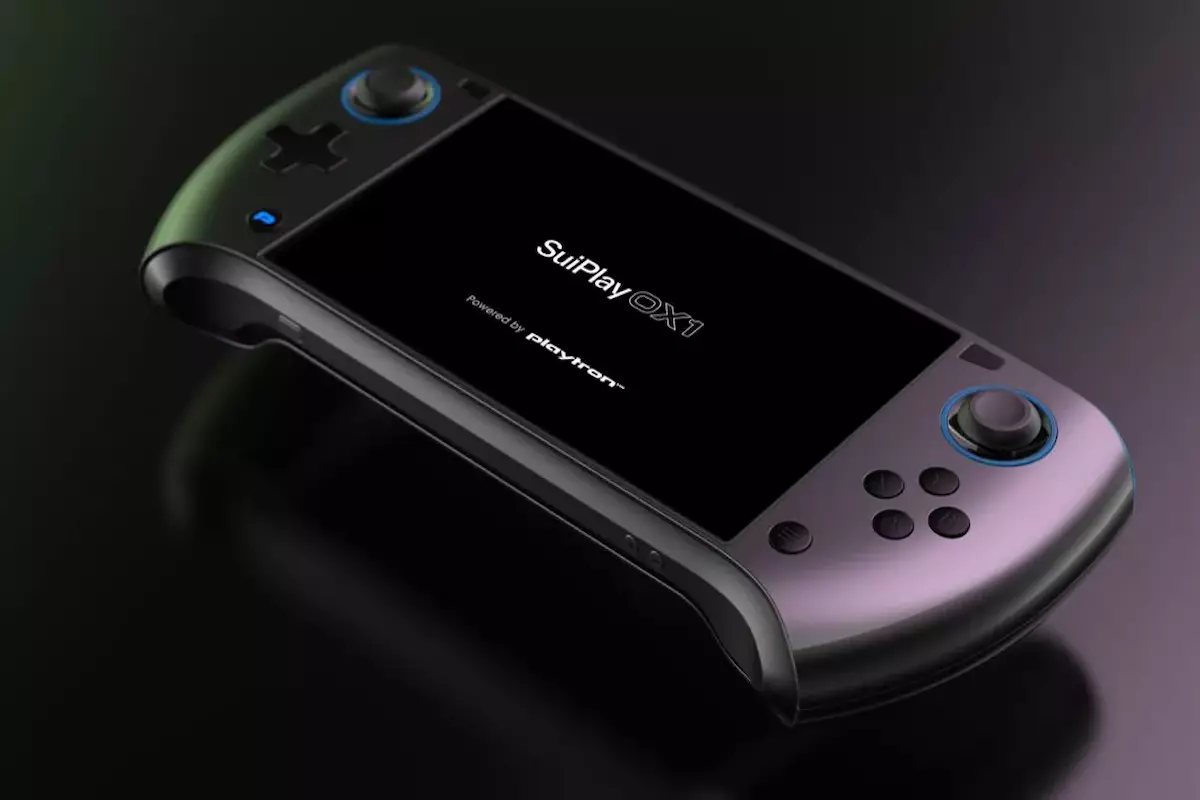Blockchain technology continues to redefine industries across the globe, and one notable player emerging in the gaming sector is the Sui blockchain. Distinctive for its commitment to solving the blockchain trilemma of scalability, security, and decentralization, Sui offers a robust framework tailored specifically for developers and gamers alike. By employing the Move programming language and a unique consensus mechanism, Sui fosters an ecosystem that can efficiently manage decentralized applications (dApps) with an emphasis on high-speed transactions and low fees. As the landscape of blockchain gaming evolves, the platform is rapidly becoming a go-to hub for developers to create innovative game experiences.
Sui’s approach to object management represents a fundamental shift in how digital assets are structured within a gaming environment. Unlike traditional blockchains that typically rely on accounts to store information, Sui operates on a programmable object-centric architecture. This innovative framework allows assets to be treated as discrete objects that can hold various attributes such as ownership, enhancing the flexibility and security in asset management. Developers can define and manipulate these objects, opening up limitless possibilities for game creation and user interactions.
This novel architecture not only enhances user engagement but significantly reduces the barriers for developers, enabling them to create unique gaming experiences that were previously unattainable in the conventional gaming ecosystem. The incorporation of advanced cryptographic techniques, such as zero-knowledge proofs, further reinforces Sui’s commitment to secure and private transactions, making it a prime candidate for developers seeking a reliable blockchain foundation.
A striking characteristic of Sui is its expanding library of games that cater to a variety of player preferences and styles. Among the standout titles, **Bushi** emerges as an exhilarating third-person shooter, where speed and precision blend seamlessly with blockchain capabilities. The design encourages players to engage in rapid matches that emphasize agility and sharpshooting skills. The added element of earning in-game assets that can be traded or upgraded injects a rewarding dimension into the gameplay, motivating players to enhance their skills while building a collection of unique items.
Another compelling title, **Panzerdogs**, introduces a dynamic tank brawler experience, combining player-versus-environment (PvE) and player-versus-player (PvP) elements. The customization of tanks takes the traditional brawling mechanic to new heights, allowing users to invest strategically in their vehicles and engage in both cooperative missions and competitive skirmishes. The ability to earn, trade, and upgrade in-game assets as non-fungible tokens (NFTs) adds an additional layer of depth to the player experience, incentivizing strategic investment in their tanks.
**E4C: Final Salvation**, a multiplayer online battle arena (MOBA) game, further illustrates Sui’s versatility. Players can select characters with diverse abilities, fostering teamwork in tactical arenas. The seamless integration of blockchain technology allows participants to collect and trade items, thus enhancing the classic MOBA gameplay. The potential for asset ownership and monetization through in-game currency reinforces the strategic essence of player interactions, presenting competitive players with an attractive opportunity to invest in their gaming experience.
Moreover, **XOCIETY**, a PvP shooter infused with RPG elements, offers players the chance to level up their characters in real-time. This unique blend of character progression and combat not only enriches the gameplay but also transforms every encounter into a meaningful opportunity for advancement. Players can customize their skills and assets, making every battle a personalized experience that encourages investment and growth.
Finally, **Haven’s Compass**, presents a tactical FPS experience that elevates strategic thinking in fast-paced gameplay. Designed to encourage thoughtful decision-making and teamwork, this game emphasizes the importance of strategy over sheer firepower. Players navigating through detailed environments are invited to trade and customize their assets, ensuring that every session contributes to a richer gaming experience.
As Sui continues to innovate within the blockchain gaming sector, its ecosystem is galvanized by an actively engaged community consisting of passionate players and developers. Regular events, tournaments, and game jams create a vibrant atmosphere for collaboration and skill-sharing. Esports competitions and development meetups foster a culture of innovation and community support, propelling Sui’s growth and enhancing its appeal as a decentralized gaming platform.
Additionally, significant partnerships, such as those with Google Cloud and leading game studios like Animoca and Gumi, promise to further diversify the gaming offerings on Sui. These collaborations not only facilitate the integration of cutting-edge technologies but also endorse the platform’s potential to attract a wider audience.
The emergence of the Sui blockchain as a pivotal player in the gaming industry heralds a new era of decentralized gaming experiences. Through its scalable architecture, innovative gameplay, and active community involvement, Sui is set to redefine what it means to play—and develop—within a blockchain ecosystem. As developers and players continue to flock to this burgeoning platform, the future of gaming on Sui looks more promising than ever.

